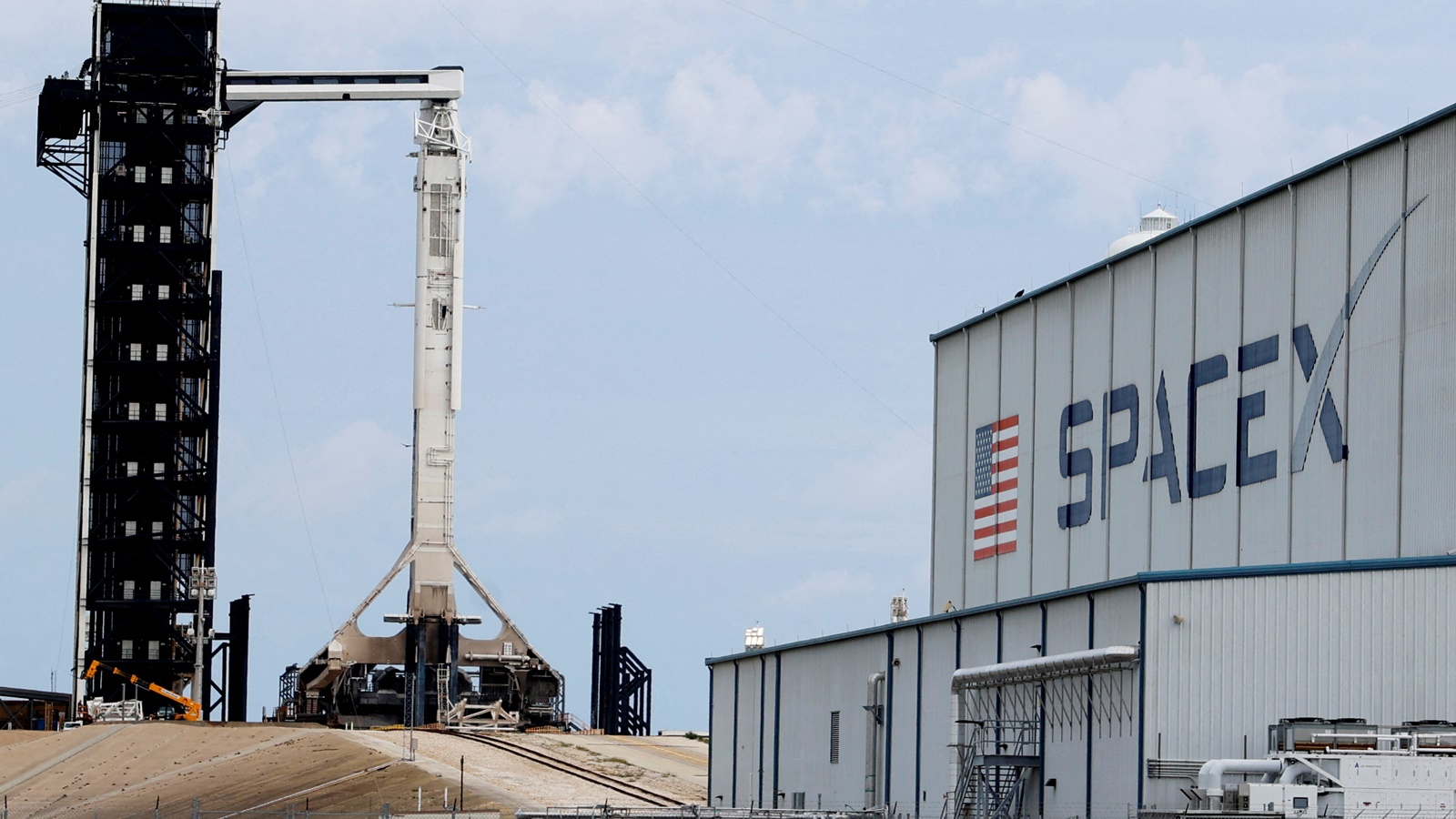SpaceX has filed a lawsuit against the California Coastal Commission (CCC) after the state agency rejected its proposal to increase rocket launches from Vandenberg Space Force Base in Santa Barbara County.
The company aimed to launch up to 50 rockets annually, up from the current limit of 36, but the CCC’s decision during its October 10 meeting blocked this request. SpaceX, joined by the U.S. Space Force, argues that the launches should be classified as federal activity, which would exempt them from the CCC’s regulatory oversight.
The CCC’s role is to protect California’s coastline, overseeing private companies’ use of the state’s coastal areas. However, it cannot regulate activities conducted by federal agencies. The U.S. Space Force filed the request on SpaceX’s behalf, stating that the proposed launches are essential for national security, specifically for deploying satellites related to SpaceX’s Starlink and Starshield projects.
Despite this, the CCC rejected the request, with concerns over the nature of the launches, particularly noting that many of the payloads are commercial in nature, including those for SpaceX’s private Starlink network.
Commissioners Reference Musk’s Political Activity
The lawsuit filed in the Central District of California claims that the CCC overstepped its legal boundaries by attempting to regulate federal activities and alleges political discrimination against SpaceX CEO Elon Musk. During the review process, some commissioners referenced Musk’s political statements, which SpaceX argues influenced the final decision.
For instance, Commissioner Mike Wilson commented on Musk’s political influence during a rally for President Donald Trump, raising concerns about the power Musk wields through SpaceX’s satellite network. Additionally, Commissioner Gretchen Newsom criticized Musk’s political rhetoric and highlighted his attacks on FEMA while claiming to assist hurricane victims through Starlink. SpaceX contends that these political considerations should not have factored into the regulatory process.
The lawsuit aims to clarify whether SpaceX’s activities at Vandenberg Space Force Base should be legally considered federal or private. SpaceX and the U.S. Space Force argue that because the rocket launches support national security payloads, including those for Starlink, they qualify as federal agency activity under the Coastal Zone Management Act. If the court sides with SpaceX, the CCC would lose its authority to regulate the company’s launch activities at the base.
Split Decision on SpaceX Launches
Despite SpaceX and the Space Force’s arguments, the CCC rejected the classification of the launches as federal activity. The commission pointed out that many of the rockets carry commercial payloads for Starlink, which is marketed to the general public. As a result, the CCC concluded that SpaceX should be required to apply for a Coastal Development Permit (CDP) for any increased launches.
Commissioners were divided on the issue, with the final vote being 6-4 against SpaceX’s request. Those in favor of rejection argued that the launches were primarily commercial and therefore subject to state regulation, while some also cited concerns about Musk’s political activities.
The CCC staff, however, recommended approval of the plan, noting that the U.S. Space Force had committed to implementing protective measures, including managing sonic booms and mitigating environmental impacts.
Shifting Government Reliance on Private Sector
This legal dispute comes at a time when the U.S. government, including defense and civil agencies, increasingly relies on private companies like SpaceX for services previously handled in-house. For instance, instead of operating its own satellite communication network, the Department of Defense (DOD) now purchases services from companies like SpaceX. The core of the lawsuit revolves around whether such commercial activities, performed on behalf of federal agencies, should be categorized as federal or private.
SpaceX’s legal filing requests that the court overrule the CCC’s decision and declare that the rocket launches, conducted in partnership with the U.S. Space Force, fall under federal jurisdiction. The lawsuit also challenges the CCC’s authority to impose additional regulatory burdens on these activities. Meanwhile, the CCC has declined to comment on the lawsuit, and SpaceX has not responded to media inquiries on the matter.










